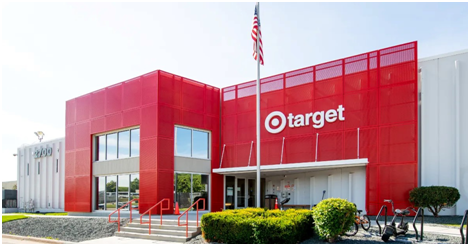
For Target, its backend operations
and appeal to customers are two sides of the same coin. Executives framed investments into supply chain as a pathway to
increasing the company’s importance to its customer base.
“Without huge investments in stores, supply chain
and tech, there is no Drive Up or Order Pickup, which were monumental growth
drivers during COVID and today,” Cornell said. “And without stores, supply
chain and tech, and providers like UPS, FedEx, and Shipt, there is no home
delivery, which is ready for a step-change in guest acquisition, satisfaction
and loyalty.”
As the retailer builds out its supply
chain infrastructure, it’s also investing to get more precision in inventory
planning. “We’re
partnering with teams across the company to enhance our inventory positioning
and demand forecasting, leveraging AI and machine learning to enhance our
speed, consistency and efficiency,” Fiddelke said.
Already Target’s efforts to pare down its inventory in the face lackluster demand
have been critical to selling profitably in a tough market. For Q4, the company’s operating income ballooned by 61% year over
year to just
under $1.9 billion while its inventory was down
11.9% YoY in the period.
For the full year, Target’s various efficiency efforts
saved the company more than $500 million in 2023, Fiddelke said. The company
credited its inventory management with many of the the improvements.
“It was a dedication of our team that allowed us to
maintain leaner, healthier inventory levels last year, which positions us well
as we enter a new year,” Chief Growth Officer Christina Hennington said on the
call. “This led to stronger profit outcomes, improved in-stocks, and perhaps
most importantly, increased flexibility, allowing us to react quickly to
changing trends.”
Explaining further, Hennington pointed to
categories like apparel, where Target’s
response to tepid demand has been to hold off on planned inventory purchases
and keeping its open-to-buy budgets free, which allows it to chase after trending
merchandise. That, in turn, has led to the best in-stock levels in four
years even with inventory levels down, Hennington noted.